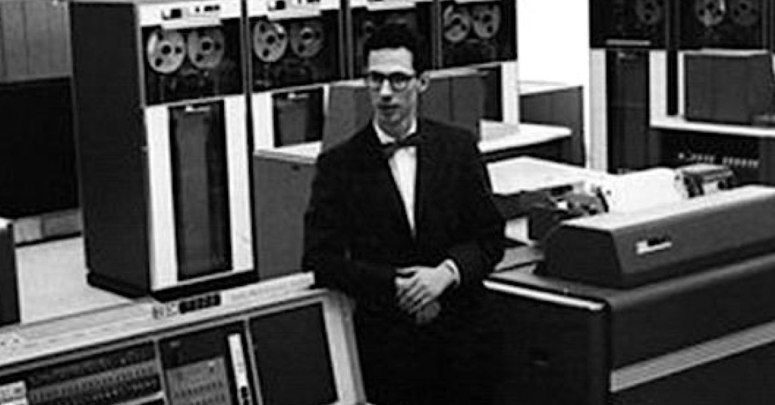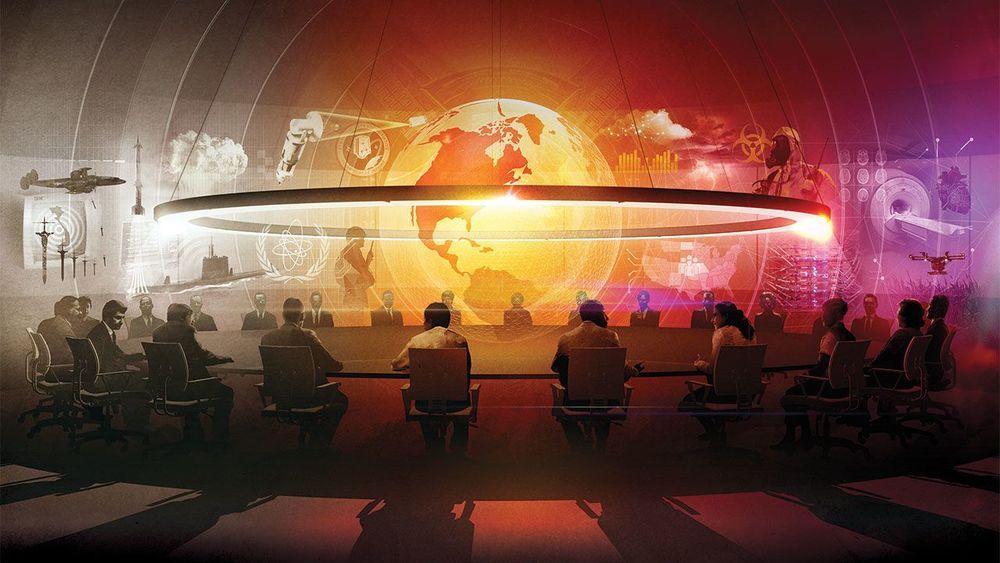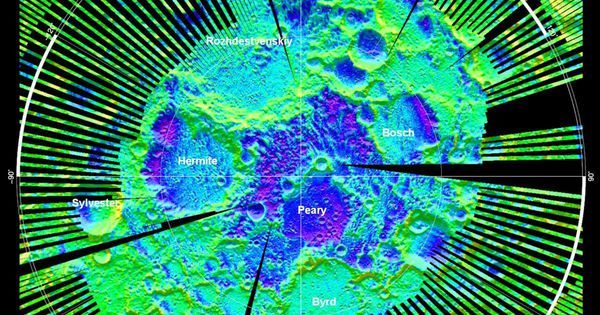Category: science – Page 109
Zoltan Istvan talks with Science-Based species | Life Extension, UBI, Radical technological change
The prominent Transhumanist, Zoltan Istvan, discusses about his future involvement in the Transhumanist community, e.g., possibly running for the 2020 US Presidency.
Check out his webiste: zoltanistvan.com

David Sinclair — Cracking & reversing the aging clock — Science Unlimited 2019
Renowned longevity researcher David Sinclair believes aging is not inevitable but a treatable condition. In his talk at Science Unlimited 2019, he explained why we age – and how we can reverse aging to extend human healthspan and lifespan.
David Sinclair is Professor in the Department of Genetics, Blavatnik Institute and co-Director of the Paul F. Glenn Center for the Biological Mechanisms of Aging at Harvard Medical School. Science Unlimited is held in Montreux, Switzerland, as part of the annual Frontiers Forum. See all speakers: https://forum.frontiersin.org

Episode two of this series explores the dawn of the era of a science-based search for truth, in particular, the study of life and the microscopic cells that form our bodies
Click on photo to start video.
With that basic research, mankind found the first major clue to the origins of aging and death. They discovered that some cells in our bodies that may never die. These “immortal cells” and the philosophical shift in thinking they engendered, will likely change medicine as we know it.



Confirmation of old theory leads to new breakthrough in superconductor science
Phase transitions occur when a substance changes from a solid, liquid or gaseous state to a different state—like ice melting or vapor condensing. During these phase transitions, there is a point at which the system can display properties of both states of matter simultaneously. A similar effect occurs when normal metals transition into superconductors—characteristics fluctuate and properties expected to belong to one state carry into the other.
Scientists at Harvard have developed a bismuth-based, two-dimensional superconductor that is only one nanometer thick. By studying fluctuations in this ultra-thin material as it transitions into superconductivity, the scientists gained insight into the processes that drive superconductivity more generally. Because they can carry electric currents with near-zero resistance, as they are improved, superconducting materials will have applications in virtually any technology that uses electricity.
The Harvard scientists used the new technology to experimentally confirm a 23-year-old theory of superconductors developed by scientist Valerii Vinokur from the U.S. Department of Energy’s (DOE) Argonne National Laboratory.

Jason—a secretive group of Cold War science advisers—is fighting to survive in the 21st century
With the end of the Vietnam and Cold wars, Jason members began to branch out from physics and engineering. In 1977, they did their first assessment of global climate models and later advised DOE on which atmospheric measurements were most critical for the models. Since the mid-1990s, Jason has studied biotechnologies, including techniques for detecting biological weapons.
After near-death experience, top scientists seek a long-term home in the U.S. government.
